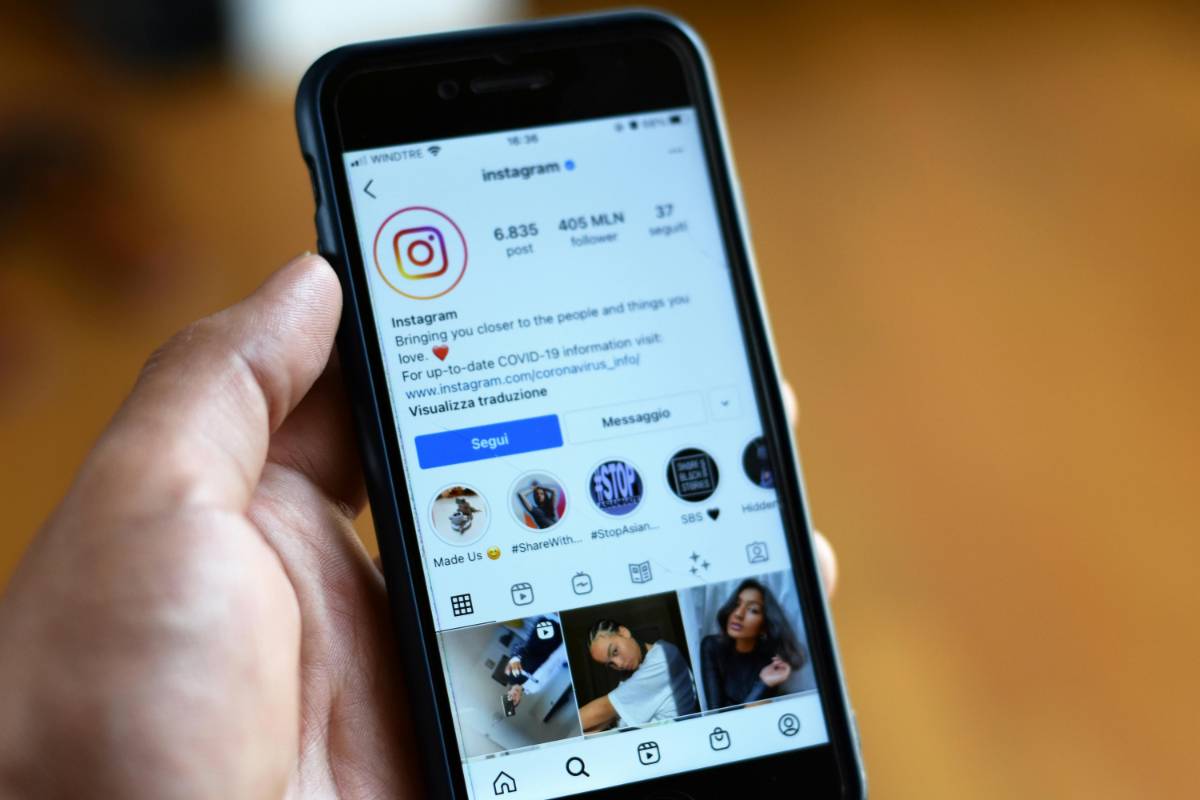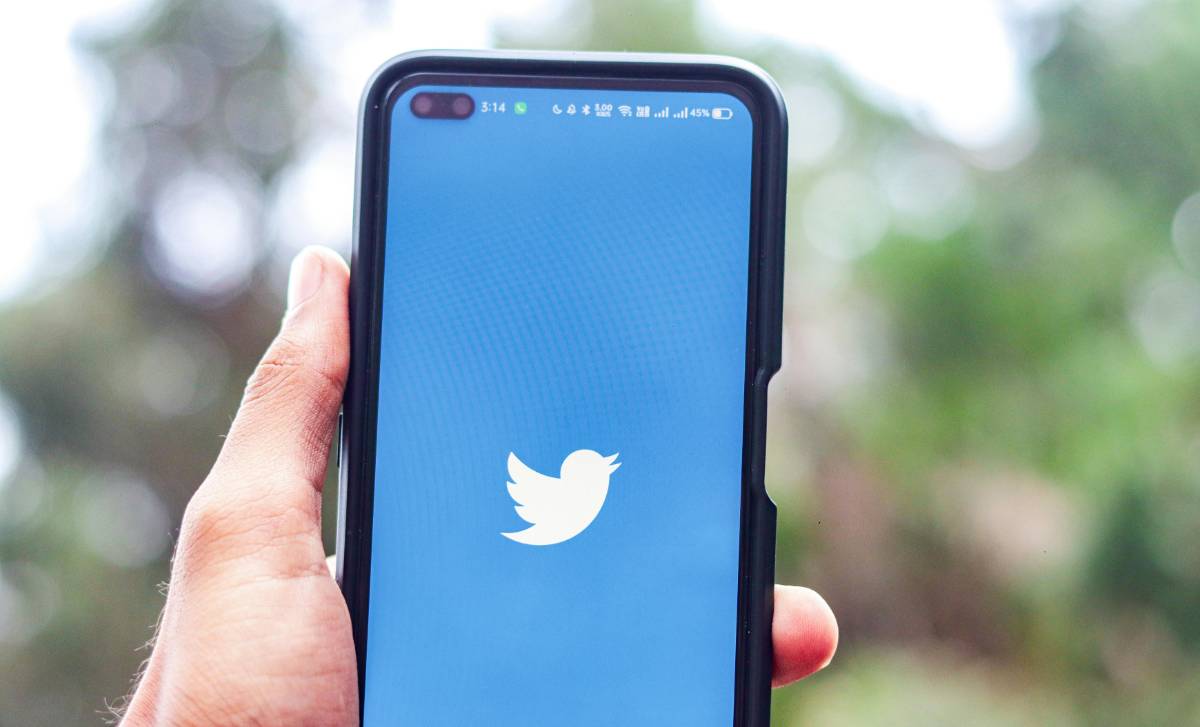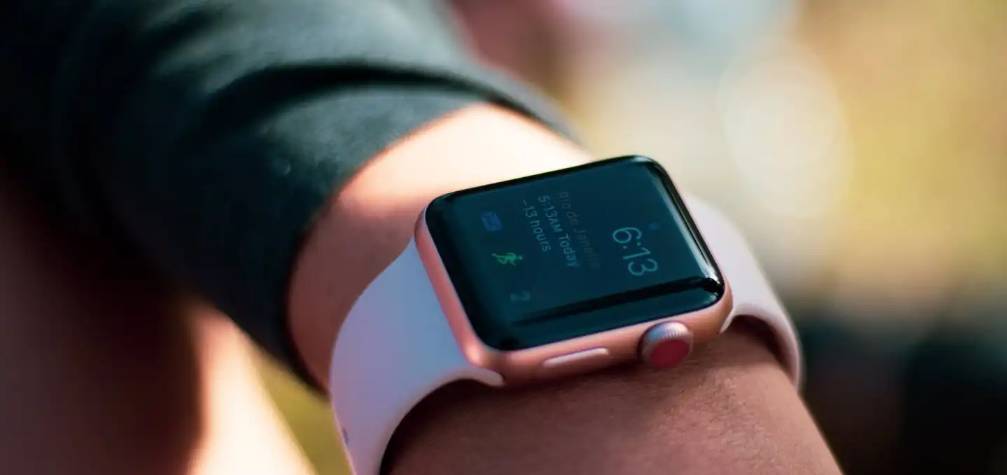Mental Health and Social Media: Navigating the Pros and Cons
02 Aug 2025
Read Time: 5 min read

Social media has become an integral part of modern life, offering opportunities for connection, entertainment, and self-expression. However, as its popularity has grown, so have concerns about its impact on mental health. In this article, we’ll explore both the positive and negative effects of social media on mental well-being and offer tips for navigating its influence.
 The Positive Impact of Social Media
The Positive Impact of Social MediaWhile social media is often associated with negative effects, it can also have a positive impact on mental health when used in the right way. It provides a platform for individuals to connect with friends, family, and communities that share similar interests or experiences. For those who feel isolated, social media can offer a sense of belonging and support.
In addition, many people use social media as a tool for self-expression and creativity. Platforms like Instagram, TikTok, and YouTube allow users to showcase their talents, share their stories, and connect with a global audience. This can lead to increased self-esteem, recognition, and a sense of accomplishment.
Access to Mental Health ResourcesSocial media also provides access to mental health resources, including therapy, support groups, and educational content. Many mental health organizations, therapists, and influencers use social platforms to share valuable tips, coping strategies, and personal stories about overcoming mental health challenges.
For individuals struggling with mental health issues, social media can be a valuable source of comfort and guidance. Online communities can offer advice and emotional support, allowing people to feel less alone in their struggles. In many cases, these resources help break down the stigma around mental health and encourage others to seek help.
Another positive aspect of social media is the way it can inspire individuals to improve their lives. Many users follow fitness experts, motivational speakers, or lifestyle influencers who provide encouragement, tips, and inspiration to live a healthier, happier life. Whether it’s a fitness journey, mindfulness practice, or personal growth, social media can be a powerful motivator.

💡 Discover More from Social-Media
Despite its benefits, social media also has a dark side when it comes to mental health. One of the primary concerns is the pressure to conform to unrealistic beauty standards, lifestyles, and expectations. Filters, photo-editing apps, and curated content often present a distorted view of reality, leading to feelings of inadequacy, low self-esteem, and body image issues.
Additionally, social media can contribute to anxiety, depression, and loneliness. Studies have shown that excessive use of social media, especially when compared to others' highlight reels, can lead to negative emotions and a sense of disconnection. Constant exposure to negative news, cyberbullying, and online harassment can also exacerbate mental health issues.
The addictive nature of social media is another concern. Spending excessive time on social platforms can disrupt sleep patterns, lead to procrastination, and decrease overall productivity. The need for constant validation through likes, comments, and shares can cause stress and anxiety, particularly when engagement is low.
How to Navigate the Pros and Cons of Social MediaThe key to navigating the impact of social media on mental health lies in finding balance and setting boundaries. Here are a few tips to help manage your social media use while protecting your well-being:
Set specific times during the day to check social media and avoid endless scrolling. Use tools to monitor and limit your screen time if necessary.
Curate Your FeedFollow accounts that promote positivity, mental health awareness, and self-care. Unfollow or mute accounts that trigger negative emotions or make you feel inadequate.
Take Social Media BreaksTake regular breaks from social media to recharge and focus on other activities that bring you joy and fulfillment.
Be Mindful of ComparisonsAvoid comparing yourself to others on social media. Remember that many people only share the highlights of their lives, not the struggles they face behind the scenes.
Engage in offline activities that promote mental health, such as exercise, meditation, or spending time with loved ones. Prioritize your well-being over online validation.
ConclusionSocial media is a double-edged sword when it comes to mental health. While it can provide connection, support, and inspiration, it also has the potential to exacerbate feelings of anxiety, loneliness, and low self-esteem. By being mindful of how we use social media and setting healthy boundaries, we can enjoy its benefits while minimizing its negative effects on our mental well-being.
Stay Informed
Get the latest and most accurate news delivered straight to your inbox. Subscribe now and never miss an update.

Rahul Sharma
An insightful voice in the industry, crafting content that informs, inspires, and connects with readers.
View all articles →















